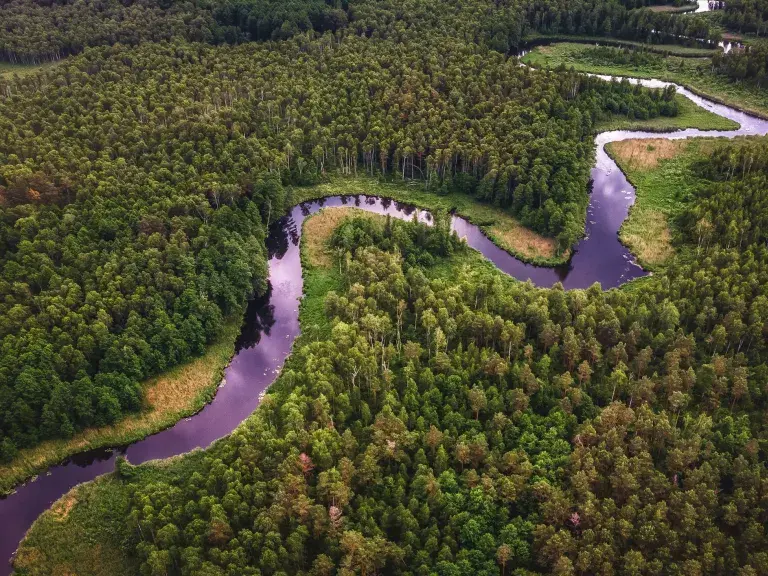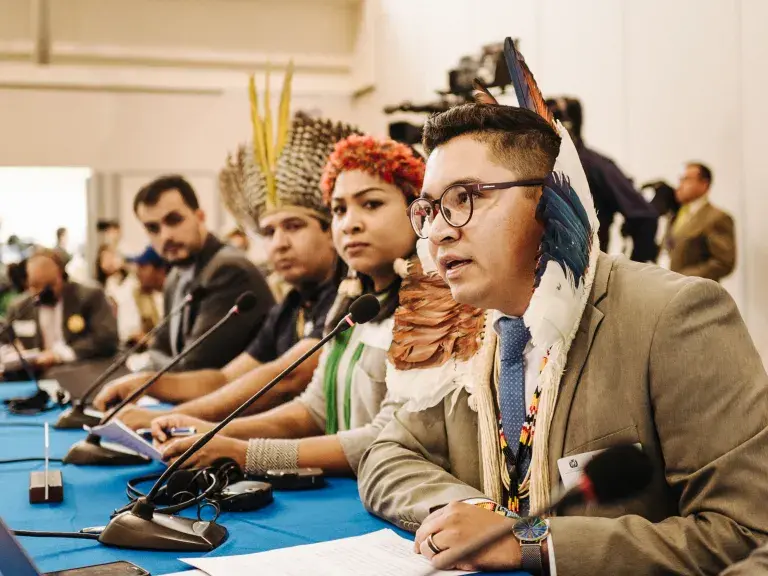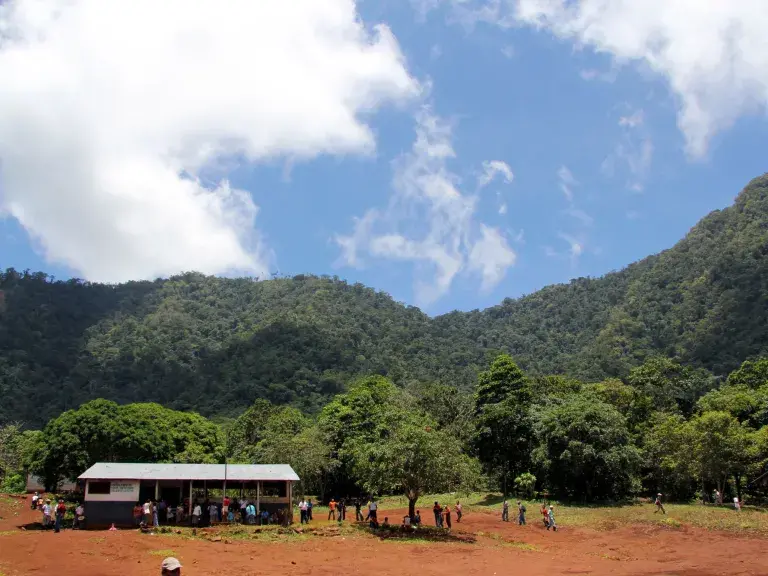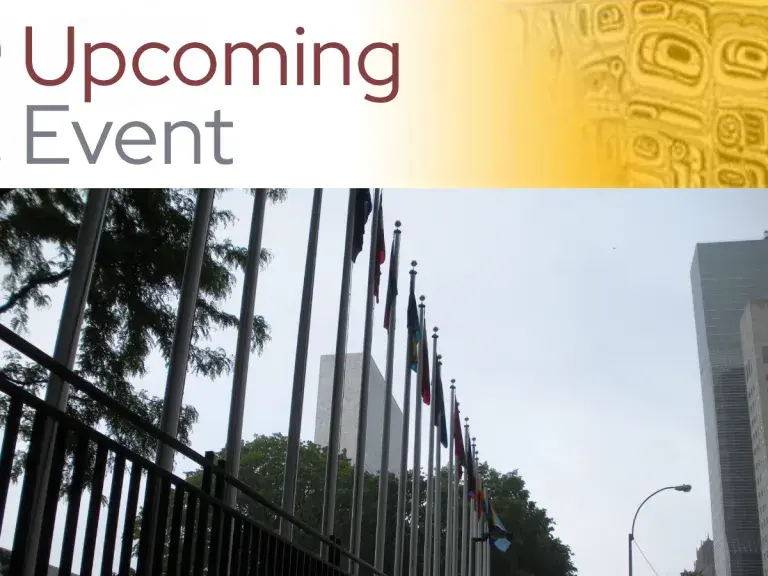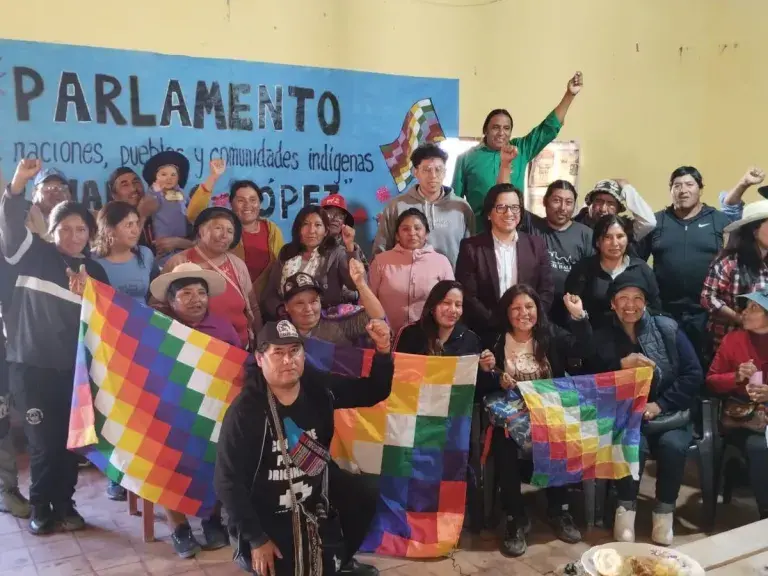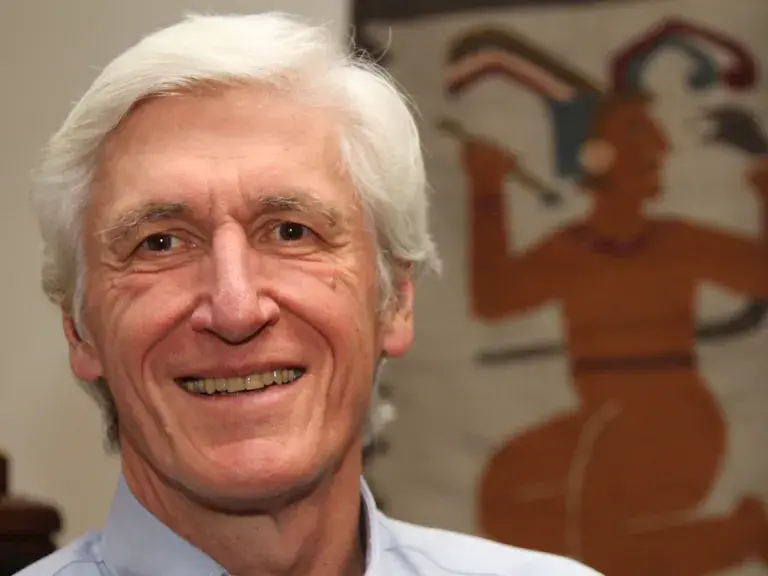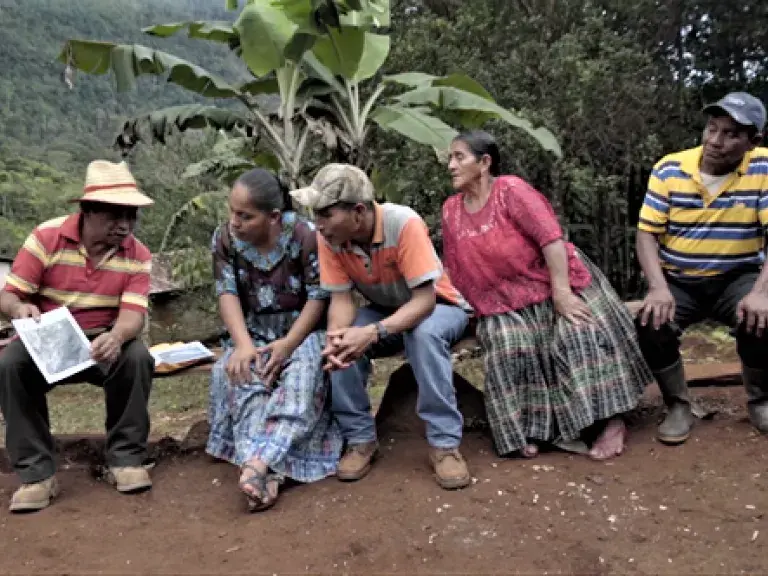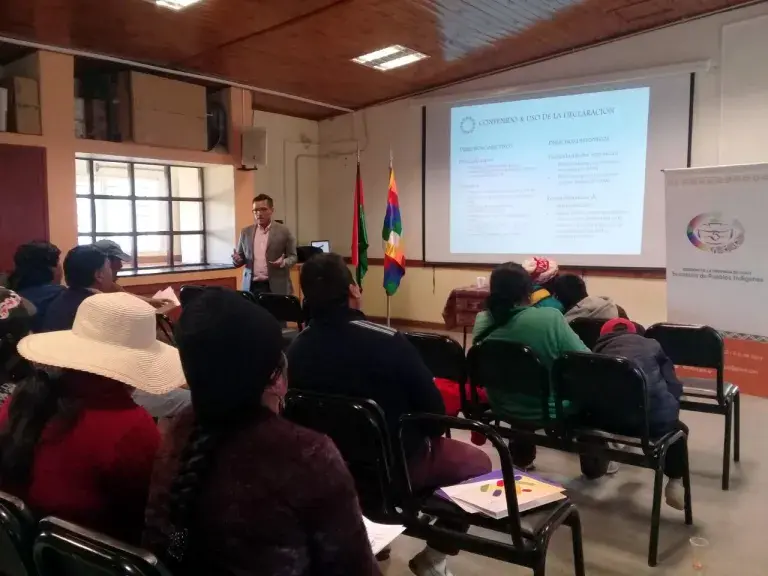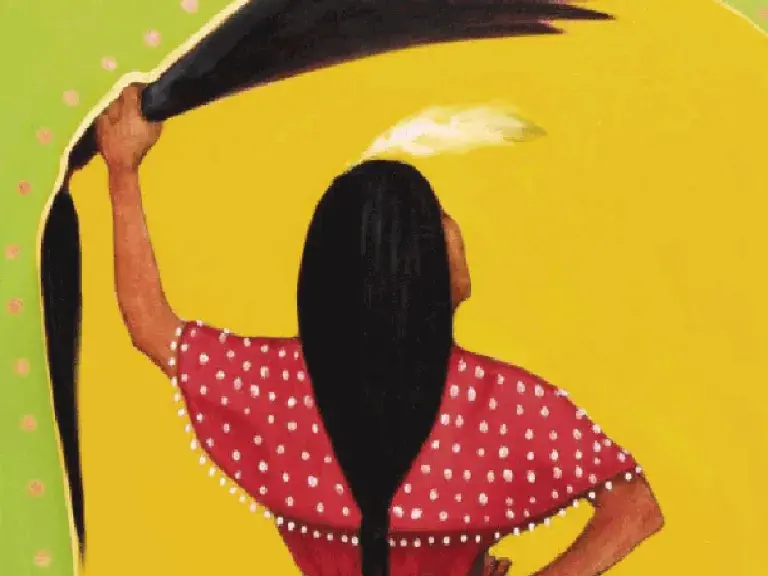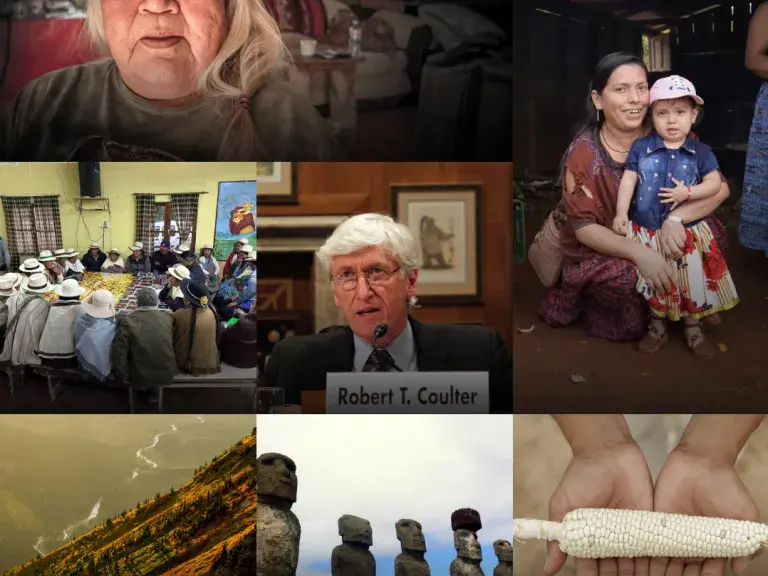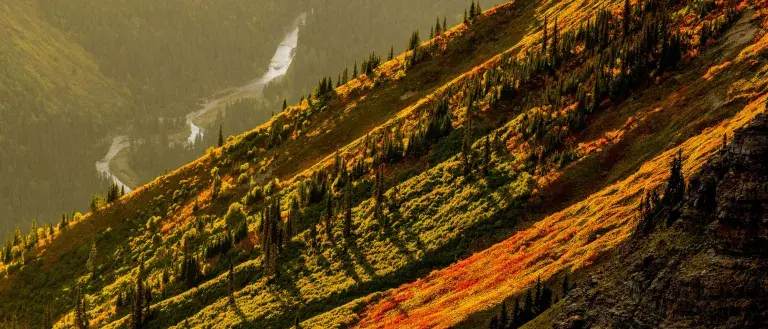
Protecting Indigenous Lands and Rights
Our work with Native and indigenous peoples has always drawn the connection between indigenous land rights, environmental protection and human rights. When indigenous peoples are deprived of their ties to the earth and their ways of life, they suffer. The effects of poverty, poor health, discrimination, and grave human rights abuses have many Native peoples and cultures at risk of disappearing completely.
